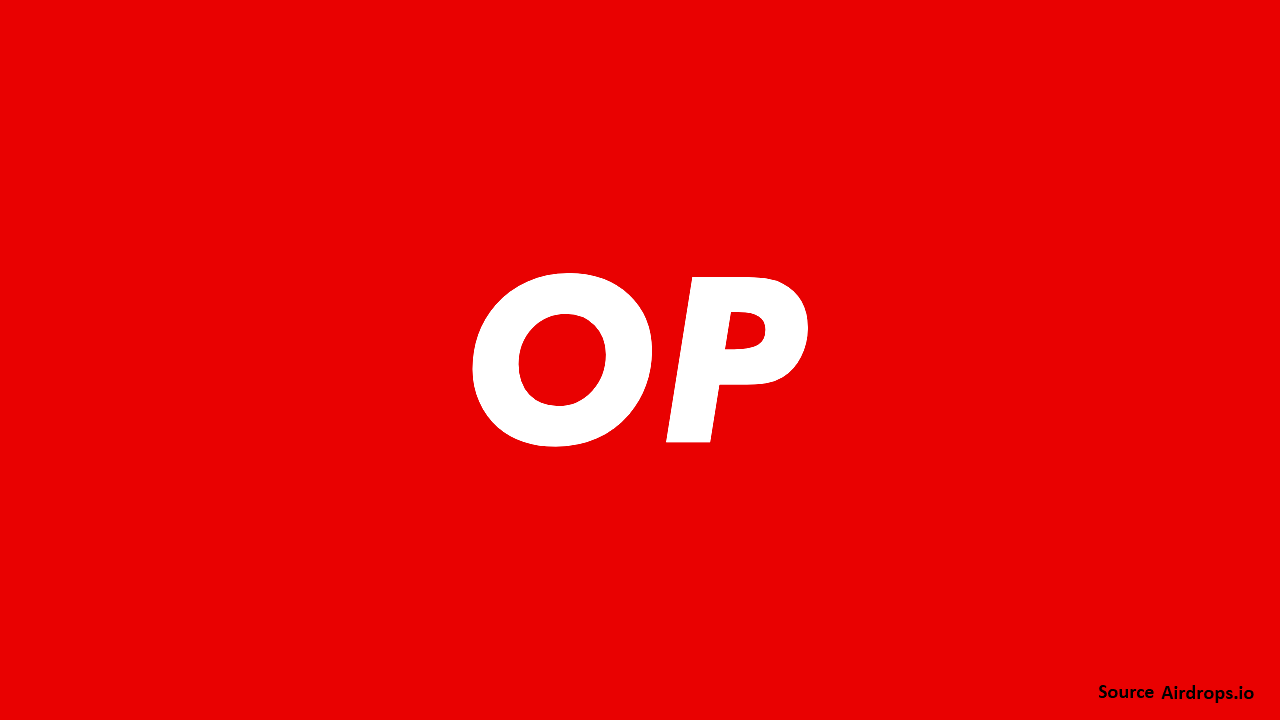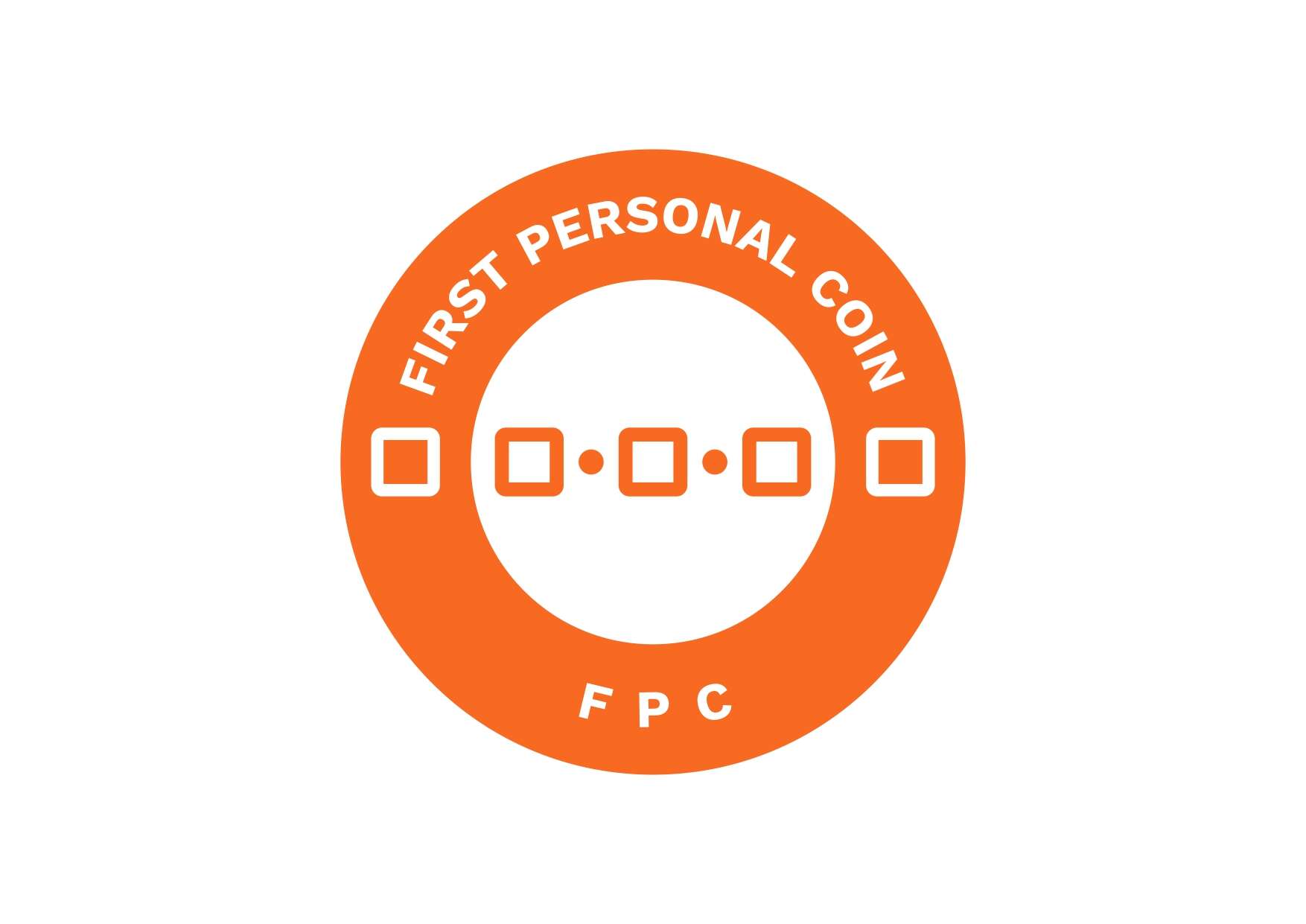Vitalik vs. Maker DAO?
Always looking for moments of reflection, an interesting insight in recent days comes from Vitalik Buterin (for those who don't know, the "inventor" of Ethereum).
Indeed, when Rune Christensen, co-founder of MakerDAO, published a paper detailing the migration that will involve launching a new network exclusively for Maker, with changes to the MKR and DAI tokens (but will take about three years) and announced plans to fork Solana for the project's future appchain migration, Ethereum's co-founder (Vitalik Buterin) sold 500 MKR for 353 ETH (not a lot of money but a significant signal), leading to a 5.6% drop in the MKR token's price.

Buterin didn't stop there; he later voiced his concerns on the Reflexer Discord server, a competitor to Maker, suggesting everyone capitalize on this opportunity to compete with Maker DAO.
A feud between crypto celebrities? Did Buterin get upset about something that will happen "maybe" in three years?
Neither.

The clue lies in the term appchain, which many may have missed because they were caught up in the unfolding of events or simply because, not knowing what they are, they classified them as the various and incomprehensible software on which the cryptocurrency world is based, always limited by the difficulty of finding simple words and easy use cases for everyone.
In reality, appchains are becoming increasingly popular, offering faster applications and cheaper transactions. Many in the cryptocurrency community look at this development in a positive light, recognising the potential of Solana's abilities.

But what are appchains?
They are blockchains designed for a specific application, where a basic structure ensures functionality and interoperability, and the upper structure addresses to specific needs, taking into account security and performance.
Some may remember this post, where Layer 1 and Layer 2 were discussed and might not see any differences, but there are a couple of significant ones.

The first is certainly that appchains dedicate the whole blockspace to a single functionality and tend to do it well (the block is of a size that the network of users likes), economically (there is no competition on fees between different uses), and they can also choose the consensus/validation model for transactions (an ironic American author has provocatively argued that the bitcoin blockchain is an app chain for storing value).
A second significant difference is that in all blockchains, sidechains, modular chains and parachains always drive the developer's interest; here, it seems more the interest of the network, and it is no coincidence that the theme comes out of Maker, which, governed by a DAO, is one of the best examples (... not yet perfect!) of decentralisation.
When users might be many, their interest is crucial, but whether appchains are dedicated to large communities or whether large communities will enter the crypto world thanks to appchains, is the fundamental question and the reason why Maker's appchain on Solana troubles Vitalik Buterin's plans.
